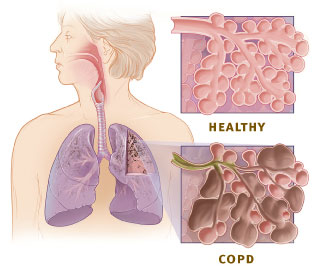Tetanus is caused by Clostridium tetani, a spore-forming, Gram-positive bacillus; gaining access from soil and animal dung. It develops in an unique environment, usually in a deep penetrating wound infected with other bacillus like a streptococci that creates an anaerobic environment for its growth.
Inadequate tetanus toxoid vaccination and faulty wound management remain the most important factors associated with tetanus.
The risk of death was highest among patients ages 65 and up.
The vast majority of tetanus cases -- 71.7% -- had an acute wound before disease onset. Nearly 80% of these wounds were punctures, or were contaminated, infected, or devitalized wounds that were considered tetanus prone.
The researchers suggest that physicians should review tetanus vaccination status during visits to make sure that tetanus booster status is up-to-date -- especially for older adults, injection drug users, diabetics, and those with chronic wounds.
Children should receive a complete series of vaccine at ages 2, 4, 6, and 18 months available in combination with diphtheria and whooping cough; and then again between ages 4 and 6 years. An additional booster dose should be given between ages 11 and 12 tears, and then once in every ten years thereafter.
...
Click here to Subscribe news feed from "Clinicianonnet; so that you do not miss out anything that can be valuable to you !!
...






